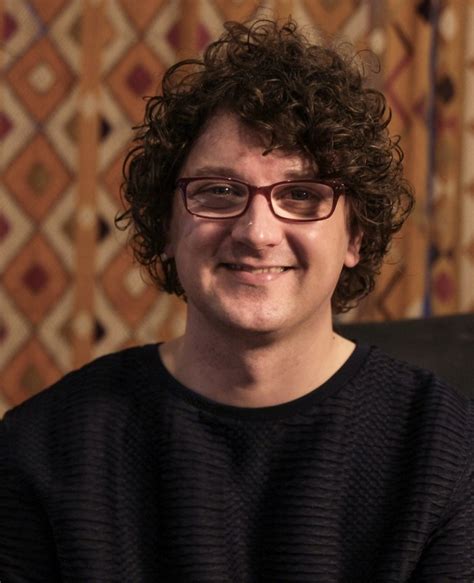A Quote by James Nicoll
We don't just borrow words; on occasion, English has pursued other languages down alleyways to beat them unconscious and rifle their pockets for new vocabulary.
Related Quotes
Colonialism is a terrible bane for a people upon whom it is imposed, but a blessing for a language. English's drive to exploit the new and the alien, its zeal in robbing words from other languages, its incapacity to feel qualms over the matter, its museum-size overabundance of vocabulary, it shoulder-shrug approach to spelling, its don't-worry-be-happy concern for grammar-the result was a language whose colour and wealth Henry loved.
I work in Hebrew. Hebrew is deeply inspired by other languages. Not now, for the last three thousand years, Hebrew has been penetrated and fertilized by ancient Semitic languages - by Aramaic, by Greek, by Latin, by Arabic, by Yiddish, by Latino, by German, by Russian, by English, I could go on and on. It's very much like English. The English language took in many many fertilizations, many many genes, from other languages, from foreign languages - Latin, French, Nordic languages, German, Scandinavian languages. Every language has influences and is an influence.
My research suggests that men and women may speak different languages that they assume are the same, using similar words to encode disparate experiences of self and social relationships. Because these languages share an overlapping moral vocabulary, they contain a propensity for systematic mistranslation.
Lexical variety, eccentric constructions and punctuation, variant spellings, archaisms, the ability to pile clause on clause, the effortless incorporation of words from other languages: flexibility, and inclusiveness, is what makes English great; and diversity is what keeps it healthy and growing, exuberantly regenerating itself with rich new forms and usages.




































